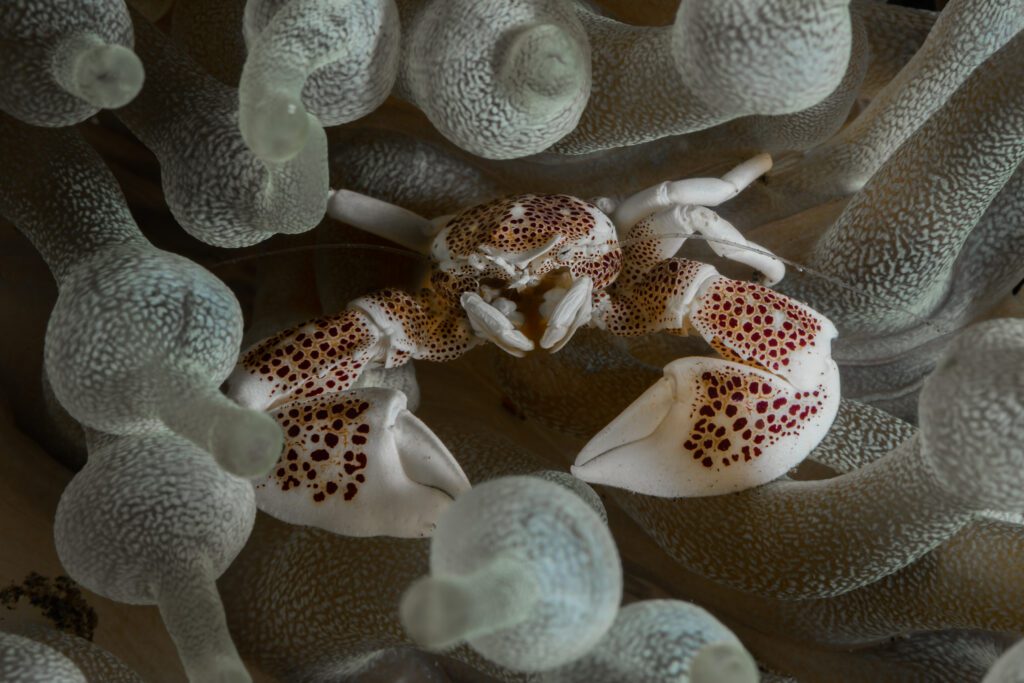Declaration of Intent (DoI) by EurOcean Foundation on Climate Change and Ocean Science and Technology
In recognition of the urgent need to address the escalating climate crisis and its profound impact on our ocean and our lives, EurOcean together with its 13 Members*, hereby declares its commitment to supporting science advancements in the field of climate change and achieving the targets outlined in the Paris Agreement. This joint commitment aligns seamlessly with EurOcean’s overarching mission of promoting ocean science and technology through cooperation, collaboration, and information brokerage.
Acknowledging that 2023 is poised to be the hottest year on record, with alarming sea surface temperature increases, we emphasize the critical role the ocean plays in absorbing and regulating the heat generated by anthropogenic activities, while also addressing the escalating challenges of sea-level rise. This absorption, amounting to over 90% of greenhouse gas-induced heat, underscores the ocean’s pivotal role in preventing catastrophic atmospheric warming. However, the burden on the ocean is now evident, with tipping points such as polar ice melting and coral reef survival hanging precariously in the balance.
EurOcean Commitment to Climate-Ocean Nexus Research and Technology
EurOcean and its Members recognise the urgency of prioritising climate-ocean nexus research and investing in ocean-based technology. Members pledge to intensify efforts and investments in researching sustainable solutions to mitigate climate change, ensuring the prosperity of marine life, food security, and the resilience of coastal communities.
Connecting the Missions of EurOcean’s Members
Aligned with the goals of the Paris Agreement and COP28 outcomes, EurOcean, and its Members commit to amplifying their efforts in six key areas:
- Enhancing Global Stocktake Estimates and Measures: Undertake comprehensive research initiatives to refine global stocktake estimates, focusing on improved measurements of carbon fluxes through the ocean contributing to a holistic understanding of Earth’s ocean-climate system.
- Expanding Ocean Observation Capabilities for Essential Climate Variables: Invest in research and technology development to expand ocean observation systems, enabling the measurement of a comprehensive suite of essential physical and biogeochemical variables. Contribute to a deeper understanding of the impacts of climate change on the distribution of ocean life, marine ecosystem health, biomass, and biodiversity.
- Capacity Development in Island Nations and Developing Countries: Undertake collaborative projects to develop research capacity in island nations and developing countries, with a focus on their contributions to climate stabilization. Work towards refining methodologies that incorporate the ocean’s natural functions and the blue economy in climate stabilization efforts.
- Accelerating Data Sharing: Advocate for and engage in programmes to establish a robust global and regional scale ocean data open source platforms. Seek new investments, both public and private, to ensure the long-term success and viability of data sharing platforms.
- Promoting Climate Change Education, Training, and Public Awareness: Launch initiatives to enhance climate change education, training, and public awareness in collaboration with educational institutions, communities, and relevant stakeholders. Promote public access to science-based information related to climate change, fostering informed decision-making, and encouraging active public engagement in climate action.
- Improve the collaborative, co-learning approaches needed to improve the use of science in policy: Foster the collaborative work between EurOcean’s network to address a better application of the produced ocean science and technology to be acknowledged in decision-making.
In endorsing this commitment, we affirm our dedication to advancing ocean science and technology, and international cooperation between the ocean research community as a catalyst for effective climate change mitigation and adaptation strategies.
EUROCEAN EXECUTIVE COMMITTEE
President Carlos Garcia-Soto
Vice-president Giuseppe Magnifico
Vice-president Ana Hilário
*EurOcean’s Members are:
Azores Regional Fund of Science and Technology (FRCT) (Portugal)
Delegate: Maria Luz Paramio Martín
Centre for Environmental and Marine Studies (CESAM), University of Aveiro (Portugal)
Delegate: Ana Hilário
Centre National de la Mer (NAUSICAÄ) (France)
Delegate: Iwona Gin
Cyprus Marine & Maritime Institute (CMMI) (Cyprus)
Delegate: Gotelenne Piaton
Flanders Marine Institute (VLIZ) (Belgium)
Delegate: Tina Mertens
Foundation for Science and Technology (FCT) (Portugal)
Delegate: Marta Norton
French Research Institute for Exploitation of the Sea (IFREMER) (France)
Delegate: Florence Coroner
Institute of Oceanology of the Polish Academy of Sciences (IOPAN) (Poland)
Delegate: Slawomir Sagan
Latvian Institute of Aquatic Ecology (LHEI) (Latvia)
Delegate: Astra Labuce
Marine Institute (MI) (Ireland)
Delegate: Fiona Grant
National Institute of Marine Geology and Geo-ecology (GeoEcoMar) (Romania)
Delegate: Dan Vasiliu
National Research Council (CNR) (Italy)
Delegate: Giuseppe Magnifico
Spanish National Research Council (CSIC) (Spain)
Delegate: Carlos Garcia-Soto
